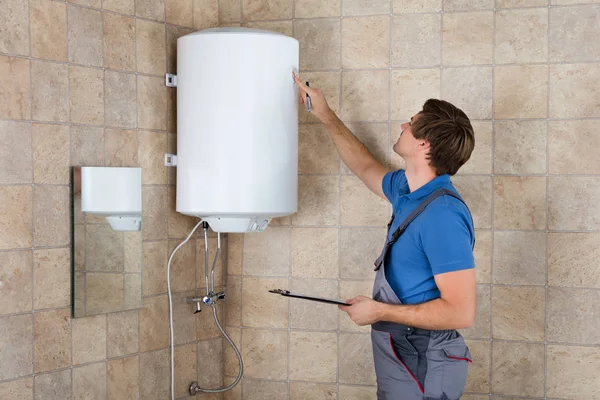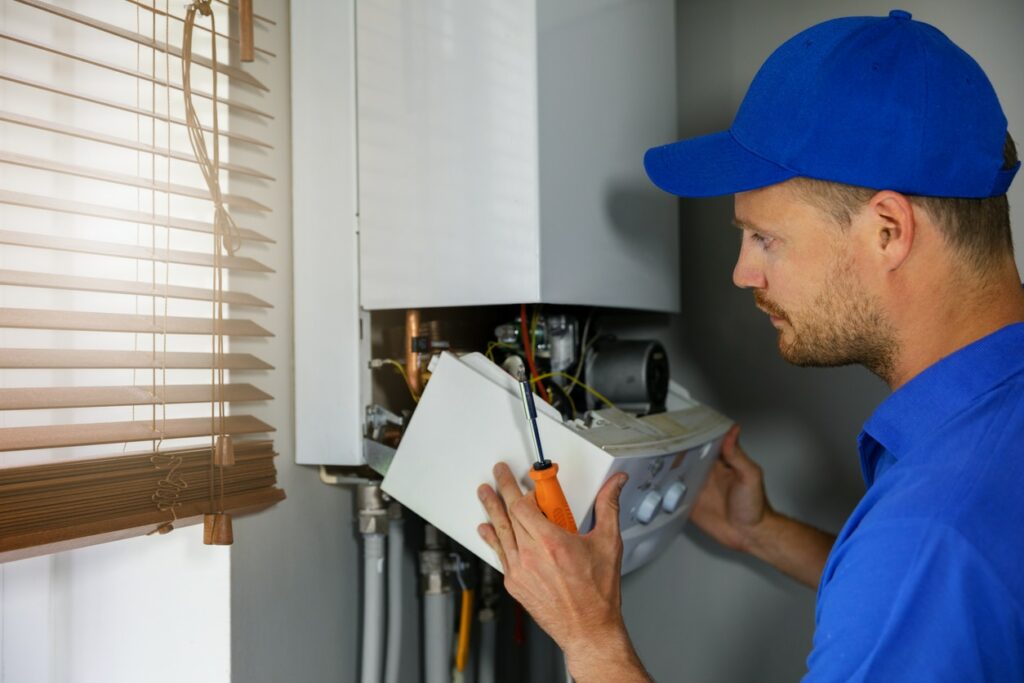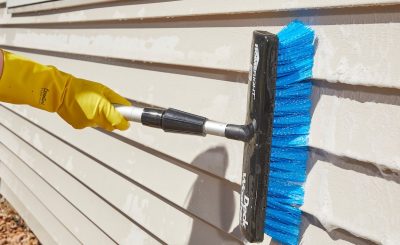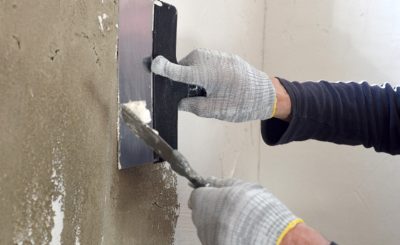You find yourself standing in front of a broken water heater, wondering if it’s time to repair or replace. It’s not a decision to take lightly, as it impacts both your comfort and budget. Consider factors like the age of the unit, frequency of breakdowns, and repair costs creeping up to half the price of a new one. Think about energy efficiency too; older models often drain your wallet through utility bills. But before you make that call, there’s an aspect most overlook that can tip the scales.
Signs of a Failing Water Heater
Recognizing the signs of a failing water heater can save you from unexpected cold showers and costly repairs. When your water heater starts acting up, you might notice a lack of hot water or fluctuating water temperatures. If you’re constantly adjusting the shower knob, it’s a clear indication something’s not right.
Keep an ear out for strange noises like rumbling or banging, which suggest sediment buildup inside the tank. This buildup can cause your heater to work harder than necessary, leading to inefficiency and potential damage.
Pay attention to any leaks around the base of the water heater. Even small puddles can signal a serious issue, such as a crack or corrosion in the tank. Rusty water coming from your faucets is another red flag; it means corrosion inside the tank or pipes.
Additionally, if your water heater is over ten years old, it’s more likely to fail. Check the serial number to find out its age. Don’t ignore rising energy bills, either. A failing water heater often works overtime, consuming more energy. By spotting these signs early, you can take action before a complete breakdown occurs.
Evaluating Repair Costs

When faced with a faulty water heater, evaluating repair costs becomes essential to making an informed decision.
First, assess the nature of the problem. Minor issues like a faulty thermostat or heating element often come with lower repair costs, typically ranging from $150 to $300. These are usually worth fixing, especially if the unit is less than ten years old.
On the other hand, more significant problems, such as tank leaks, can be costly and are often a sign that replacement might be a better choice.
Next, consider the age of your water heater. If it’s nearing the end of its lifespan (about 8-12 years for most units), frequent repairs can quickly add up, making replacement more financially sensible.
Calculate the cumulative cost of past and potential future repairs. If these are approaching or exceeding half the price of a new unit, replacing it might save you money in the long run.
Considering Energy Efficiency
While repair costs are a critical factor in deciding the fate of your water heater, energy efficiency plays a significant role too. If your water heater is outdated, it might be consuming more energy than necessary, inflating your utility bills. Newer models are often more energy-efficient, potentially saving you money in the long run.
When you’re considering whether to repair or replace, think about how much energy your current unit uses compared to modern options. Start by checking the energy factor (EF) rating of your heater. A higher EF means better efficiency. If your heater’s EF is low, replacing it with a model that has a higher EF could be beneficial. Rebates and incentives might be available for upgrading to energy-efficient models, further offsetting initial costs.
Also, consider the fuel type. Switching from electric to gas, or vice versa, might improve efficiency depending on local energy rates. Evaluate your household’s hot water usage to determine if a tankless or solar water heater might be a better fit.
Ultimately, analyzing energy efficiency involves balancing immediate costs against potential long-term savings. This approach guarantees you’re making an informed decision that aligns with your budget and environmental considerations.
Age and Lifespan Factors
The lifespan of your water heater is an essential factor in deciding whether to repair or replace it. Most water heaters last about 8 to 12 years, but this can vary based on the model and maintenance. If yours is nearing or exceeding this range, replacement might be a better option.
Repairing an older unit could be a temporary fix and may not be cost-effective in the long run. Consider the age of your unit and the frequency of repairs. If you find yourself calling a technician more often, it’s a clear sign that your water heater is wearing out.
Older units tend to lose efficiency, leading to higher energy bills and less reliable hot water. Keeping track of repair costs helps you determine if you’re investing too much in an aging system.
Also, check the serial number on your unit to confirm its exact age. Manufacturers usually encode the production date in this number. Knowing the age helps you make an informed decision. In the end, replacing an older water heater can save you from future headaches and guarantee consistent performance for years to come.
Benefits of Upgrading Systems
Upgrading to a new water heater system offers several compelling benefits that make it a worthwhile investment.
First, you’ll enjoy improved energy efficiency. Modern water heaters are designed to use less energy, which means you’ll see a noticeable decrease in your utility bills. This efficiency also reduces your carbon footprint, making it an eco-friendly choice.
Second, new systems provide better performance and reliability. You won’t have to worry about inconsistent water temperatures or unexpected breakdowns that leave you without hot water. With advanced technology, newer models heat water faster and maintain a consistent supply, ensuring comfort and convenience.
Additionally, upgrading your water heater can increase your home’s value. Potential buyers often appreciate a home with updated, efficient systems, and a new water heater can be a selling point that sets your property apart.
Don’t overlook the peace of mind that comes with a manufacturer’s warranty. Most new systems come with extended warranties, offering protection and reducing future repair costs.








